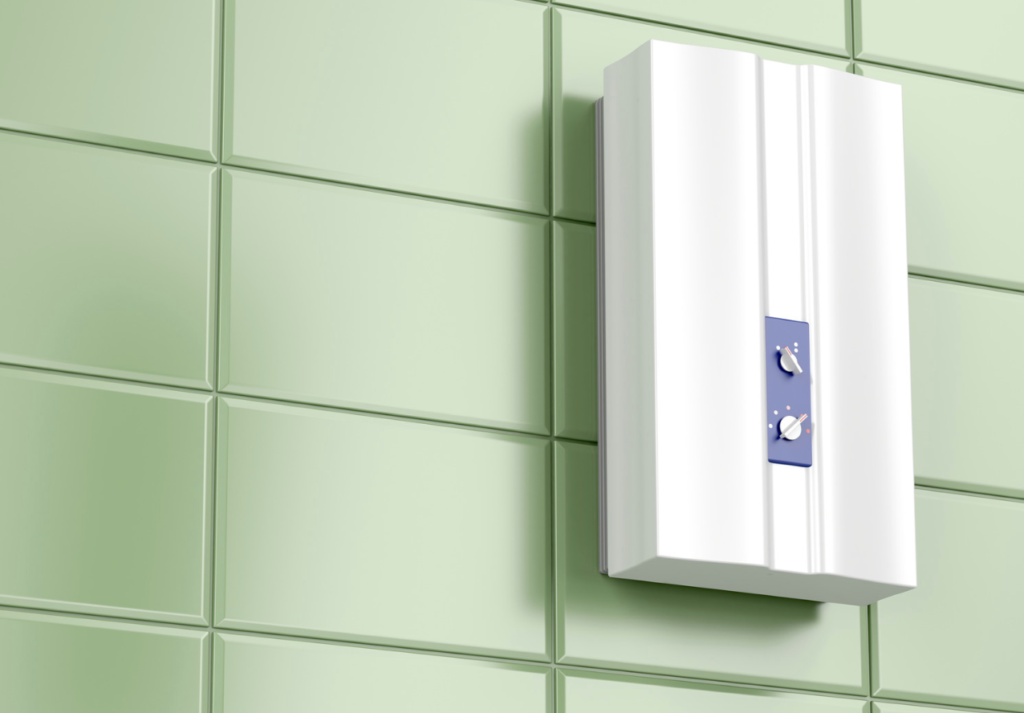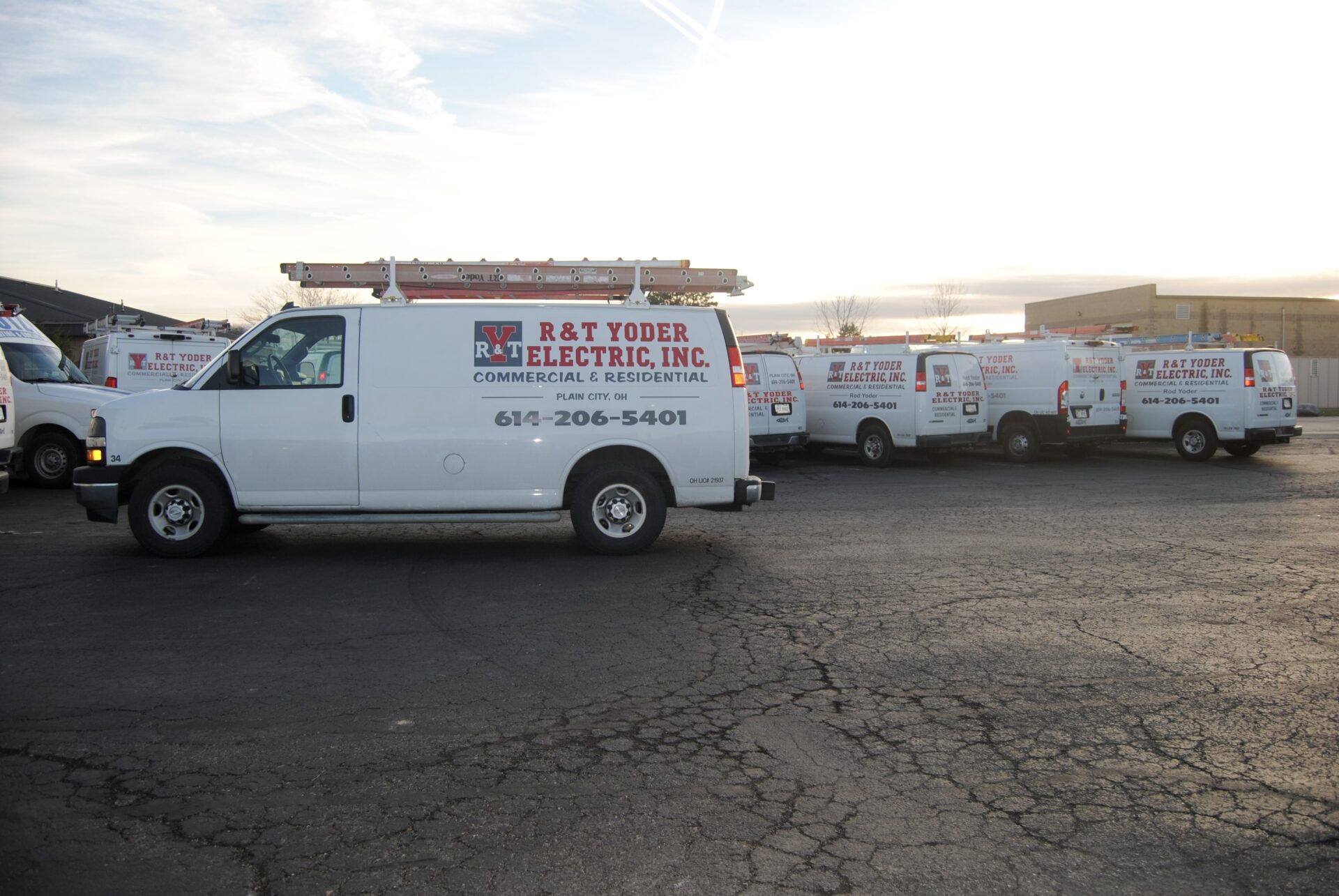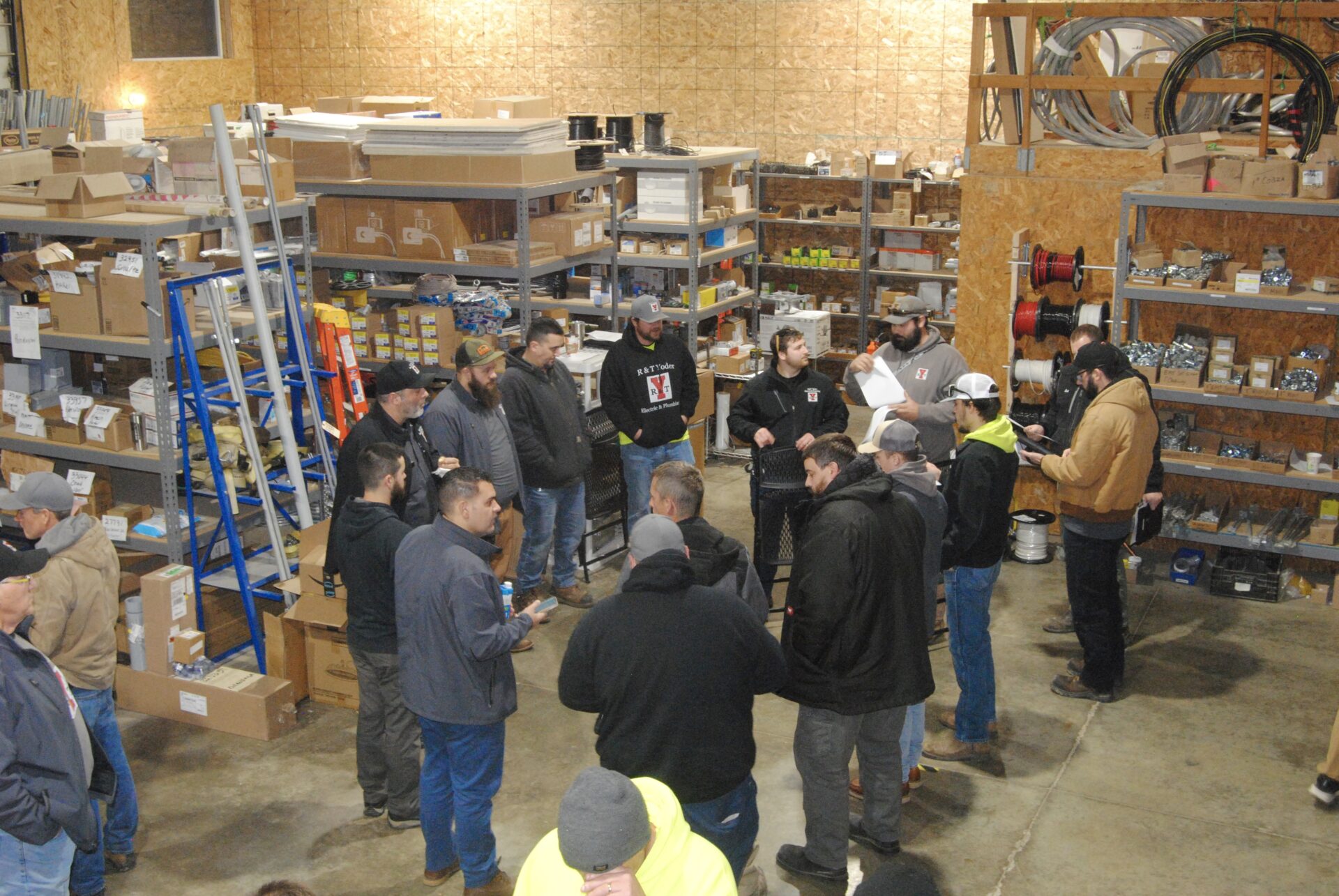Introduction to Tankless Water Heaters
Overview of Tankless Technology
A tankless water heater, also known as an on-demand or instantaneous water heater, provides hot water only as needed, removing the need for a bulky storage tank. This innovative technology is gaining traction among homeowners looking for energy-efficient water heating and space-saving solutions.
Why Tankless Water Heaters Are Gaining Popularity
Tankless water heaters offer a consistent supply of hot water while using far less energy than traditional models. As eco-friendly, cost-effective solutions gain popularity, tankless systems are increasingly becoming the preferred choice for modern households seeking efficiency and reliability.
How Tankless Water Heaters Work
The On-Demand Heating Process
Unlike traditional water heaters that continuously heat and store water, tankless models heat water only as it flows through the unit. Cold water enters the unit, is quickly heated by gas or electricity, and exits as hot water whenever a faucet or appliance is used. This process minimizes energy waste, as hot water is only produced when necessary.
Components of a Tankless Water Heater
A tankless water heater includes heating elements or a gas burner, a control panel, and a heat exchanger. These components work in tandem to deliver hot water as needed, with the control panel regulating temperature and flow rate for optimal efficiency. This streamlined design ensures energy-efficient water heating with minimal standby energy loss.
Comparing Tankless vs. Traditional Water Heaters
Space Requirements and Installation Differences
Tankless water heaters are compact and can be wall-mounted, freeing up valuable floor space that a traditional tank would otherwise occupy. This design allows for flexible placement, even in small or confined spaces, making them an excellent option for apartments or homes with limited storage.
Efficiency and Performance Comparison
Tankless systems typically outperform traditional heaters in terms of energy efficiency. Traditional models lose energy due to standby heat loss, while tankless units use energy only when hot water is required, making them more efficient over time. This energy-efficient water heating approach not only reduces energy bills but also lessens the environmental impact.
Energy Efficiency Advantages
How Tankless Heaters Conserve Energy
Tankless systems eliminate standby heat loss, a common drawback of traditional water heaters, which constantly heat stored water. By only heating water on demand, tankless systems reduce energy consumption significantly, often achieving up to 30% higher efficiency than tank models.
Reducing Utility Bills with Tankless Technology
The energy savings provided by a tankless water heater can lead to noticeable reductions in utility bills over time. For households with high hot water demands, the efficient operation of tankless technology translates into substantial annual savings, making it a financially sound choice.
Endless Hot Water Supply
How Tankless Heaters Provide Continuous Hot Water
Tankless water heaters deliver a continuous stream of hot water, regardless of usage duration. By heating water on demand, they provide a reliable supply for showers, dishwashers, and washing machines without running out, eliminating the frustrations of waiting for a tank to refill.
Ideal Scenarios for Households with High Demand
Tankless systems are especially beneficial for larger households or homes where multiple appliances run simultaneously. The endless hot water supply ensures everyone can enjoy hot showers without disruption, making it ideal for families or homes with frequent guests.
Longevity and Durability of Tankless Systems
Typical Lifespan of Tankless vs. Tank Heaters
A tankless water heater typically lasts about 20 years, nearly double the lifespan of a traditional tank heater, which averages around 10–15 years. This durability offers long-term reliability, reducing the frequency of replacements and providing lasting value.
Factors Contributing to Durability in Tankless Models
High-quality materials and fewer components exposed to water contribute to the longevity of tankless models. Without the risk of rust and sediment buildup commonly seen in tanks, tankless units maintain their performance and integrity over time, ensuring efficient and reliable operation.
Space-Saving Benefits
Compact Design and Installation Options
Tankless water heaters are small and sleek, making them ideal for apartments, condos, and homes with limited storage. Their compact size allows installation in a variety of locations, including utility closets or mounted directly on walls, freeing up valuable space.
Flexibility in Mounting and Placement
Since tankless water heaters don’t require a storage tank, they offer flexibility in placement. They can be installed in basements, garages, or even outside, depending on the home’s layout and plumbing setup, allowing homeowners more control over space utilization.
Environmental Impact and Sustainability
Reduced Carbon Footprint from Energy Savings
Tankless water heaters contribute to a smaller carbon footprint by minimizing energy waste. Heating water only as needed reduces overall energy consumption, making these systems an eco-friendly choice for environmentally conscious homeowners.
Environmentally Friendly Materials and Construction
Many tankless models are built using sustainable materials and are designed with long-term durability in mind. Their efficient operation and responsible construction make them ideal for homeowners who prioritize environmental impact and sustainability.
Lower Risk of Water Damage
How Tankless Heaters Minimize Leak Risks
Traditional water heaters are prone to leaks due to tank corrosion, which can cause water damage over time. In contrast, tankless models lack a large reservoir, reducing the likelihood of leaks or tank failures, which in turn lowers the risk of water damage.
Avoiding the Risks of Tank Failures
Tank failures can lead to extensive water damage, especially if the leak goes unnoticed. Tankless systems eliminate this risk entirely, as they lack a tank that could rupture or leak, providing peace of mind for homeowners concerned about water safety and potential property damage.
Cost Considerations and Savings
Upfront Installation Costs
Tankless water heaters generally have higher upfront installation costs than traditional models due to the complexity of installation and potential upgrades to plumbing or electrical systems. However, the long-term energy savings and lower operating costs can offset this initial investment.
Long-Term Savings on Energy Bills
The energy-efficient water heating of tankless systems results in significant reductions in utility bills. For households with high water usage, these savings are considerable, making tankless systems a financially sound choice over time.
Maintenance Requirements
Routine Maintenance for Optimal Performance
To maintain peak efficiency, tankless water heaters require regular maintenance, such as flushing to prevent mineral buildup. Annual check-ups help ensure that the system performs efficiently and extends its lifespan, particularly in areas with hard water.
Comparing Maintenance with Traditional Tank Systems
Tank-based systems require more frequent maintenance due to tank sediment buildup. While tankless units still need occasional servicing, they generally demand less attention and maintenance than traditional tank models.
Limitations of Tankless Water Heaters
Initial Installation Costs
The upfront costs of a tankless water heater may deter some homeowners. Installation often requires specialized plumbing and electrical work, which adds to the initial expense, though long-term savings can compensate for this investment.
Performance in Very Cold Climates
In extremely cold climates, tankless heaters may struggle to heat incoming water efficiently. Selecting the right unit or a hybrid solution may be necessary to ensure reliable performance in these conditions, allowing homeowners to enjoy hot water without disruptions.
Choosing the Right Size for Your Home
Understanding Flow Rates and Peak Demand
Choosing a tankless heater that matches the household’s peak hot water demand is essential. The flow rate should align with the home’s usage patterns to ensure uninterrupted hot water supply, especially during peak times.
Selecting a Unit Based on Household Size
The ideal tankless heater size depends on the number of occupants and simultaneous hot water demands. Consulting a professional can help in selecting a model tailored to the household’s unique requirements, ensuring efficiency and comfort.
Installation Process and Considerations
Professional Installation vs. DIY
Due to the complexity of tankless systems, professional installation is recommended. Professionals ensure proper connections and ventilation, reducing the risk of errors and providing a safe setup for optimal performance.
Ensuring Proper Ventilation and Gas Connections
Gas-powered tankless systems need adequate ventilation to expel exhaust safely. Proper ventilation ensures safe and efficient operation, reducing the risk of harmful emissions and potential hazards.
Popular Tankless Water Heater Brands
Overview of Leading Brands and Models
Brands like Rinnai, Noritz, and Rheem offer reliable tankless water heaters with various models suited to different needs. These brands are recognized for quality, durability, and efficient energy usage, providing homeowners with solid options for their water heating needs.
Key Features and Benefits of Each Brand
Each brand offers unique features, such as advanced temperature controls, energy-saving modes, or enhanced warranties. Comparing these options helps homeowners select a model that best suits their requirements, ensuring long-term satisfaction.
Frequently Asked Questions
1. How does a tankless water heater save energy?
A tankless water heater heats water only when it’s needed, eliminating the energy waste associated with maintaining a constantly heated tank. This on-demand system makes it a highly energy-efficient water heating option, reducing both energy consumption and utility costs over time.
2. Is a tankless water heater suitable for large households?
Yes, a properly sized tankless water heater can serve large households effectively. It’s crucial to choose a model with the right flow rate to meet simultaneous hot water demands, ensuring a continuous supply without waiting for a tank to refill.
3. What is the lifespan of a tankless water heater compared to a traditional water heater?
Tankless water heaters typically last around 20 years, nearly double the lifespan of traditional tank heaters, which average about 10–15 years. With regular maintenance, tankless systems provide long-term reliability and reduced replacement costs.
4. Do tankless water heaters require a lot of maintenance?
Tankless water heaters generally require less maintenance than tank models. However, annual flushing is recommended to prevent mineral buildup and maintain peak performance, especially in areas with hard water.
5. Are tankless water heaters more expensive to install than traditional heaters?
Yes, tankless water heaters often have higher upfront installation costs, especially if specialized plumbing or electrical adjustments are needed. However, their energy efficiency and lower operating costs can offset these initial expenses over time.











